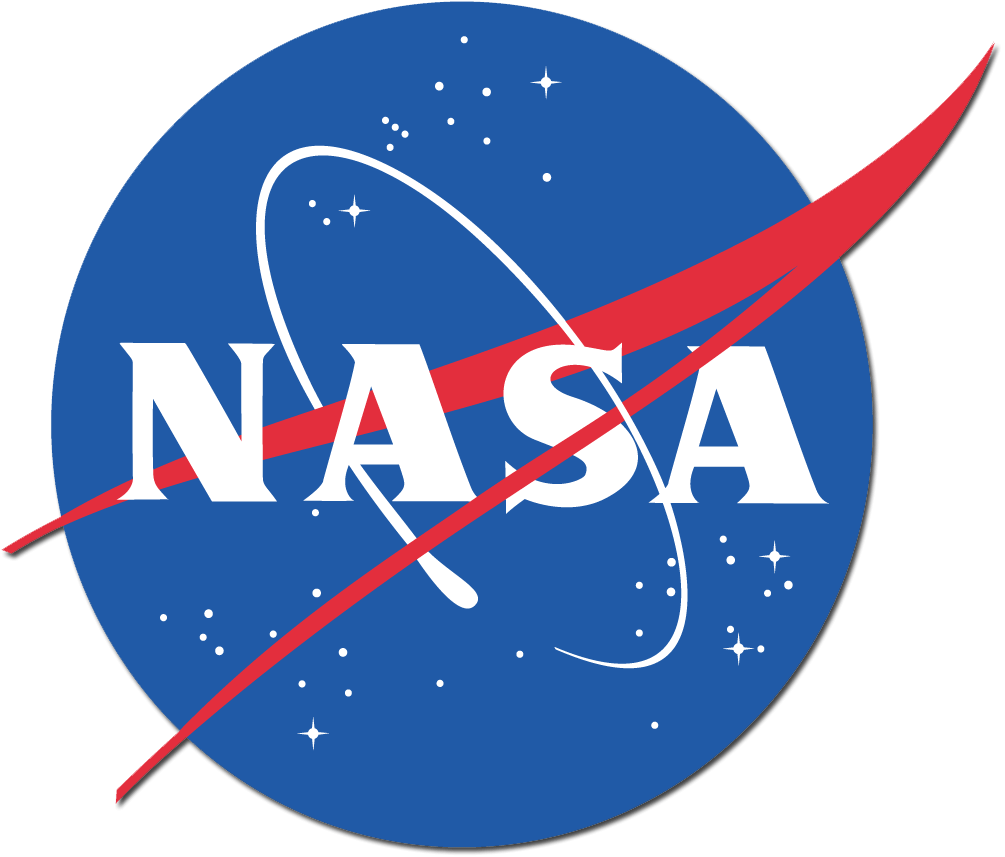
The privatization of space takes science out of the public realm and delivers it to the elite. While it may be logical to cut funding to something that seems frivolous during a time of economic instability, it will have serious repercussions in the future.
The Obama administration promised to provide greater funding for the sciences at the beginning of the 2008 campaign. After the election, however, the recession made it obvious that there were going to be significant budget cuts. One of the programs in the process of being downsized is NASA. This nevertheless gives private companies a distinct advantage over NASA.
Private companies sound very cool. They can offer, for the right price, a taste of what the “greater outdoors” is like. Virgin Galactic is one of the private companies preparing for this new space age. Their webpage offers the opportunity to let you “book your place in space.” It’s hard not to be excited by the prospect of a non-astronaut citizen being able to explore space as a tourist for a mere $200,000.
They also represent a break from the monopoly that the government has had over the industry since the program began. It would be hard to imagine a private company trying to initiate space exploration during the Cold War era.
Presently the NASA program has had to significantly downsize the space shuttle trips. Astronauts who expected to go back into space with NASA may have to accept that they have had their last government-funded run. NASA’s loss, however, is the private company’s gain. Pilots are being recruited from former NASA employees.
There are, however, downsides to consider. If private companies function more economically, the time may come in which NASA no longer seems necessary.
Astronauts may not be heroes to future generations; they will be tourists. The Virgin Galactic website advertises the people who have already booked seats on the future flights as astronauts. The qualifications of an astronaut in this future world would consist of three days of mental and physical training to ensure that the participants can handle the effects of space. To older generations, to be an astronaut is a sign of intelligence and great physical shape. But in the future it may just be a matter of money.
Another potential issue of the privatization of space is the changes in the ownership of information. NASA makes the data of its findings public, as it is funded by the population of the United States. Private companies, however, have no such duties. Private companies may come to own information about space. This could have any number of outcomes.
This expansion into the final frontier by private companies is an intriguing twist on the traditional space programs. It should not, however, close off the space we all share.
[PHOTO COURTESY / nasa.org]
